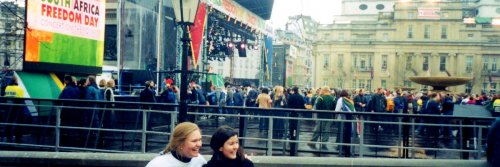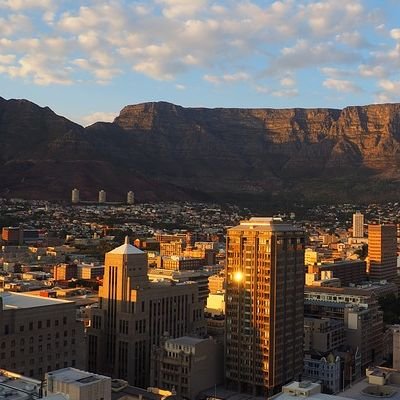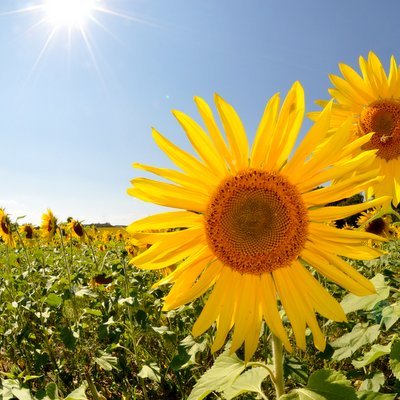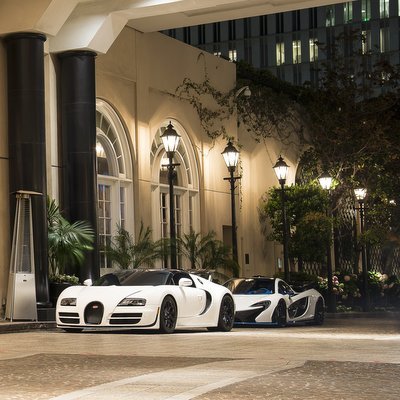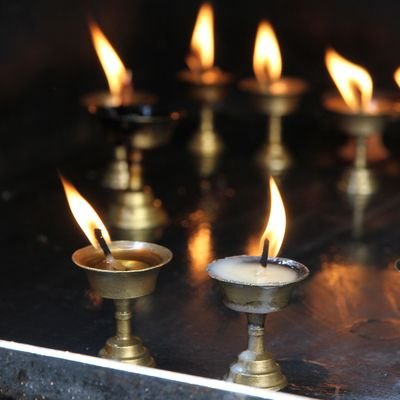History
Freedom Day celebrates the first post-apartheid elections that were held on the 27th April, 1994. These were the first non-racial national elections when everyone over the voting age of 18, no matter what race and including foreign citizens that are permanent residents of South Africa could vote. In previous elections, non-whites had only limited rights to vote. On the first commemoration of the holiday, President Nelson Mandela spoke to parliament ending years of racial oppression. Apartheid officially began in 1948, but South Africa had basically been subjected to apartheid since 1652.
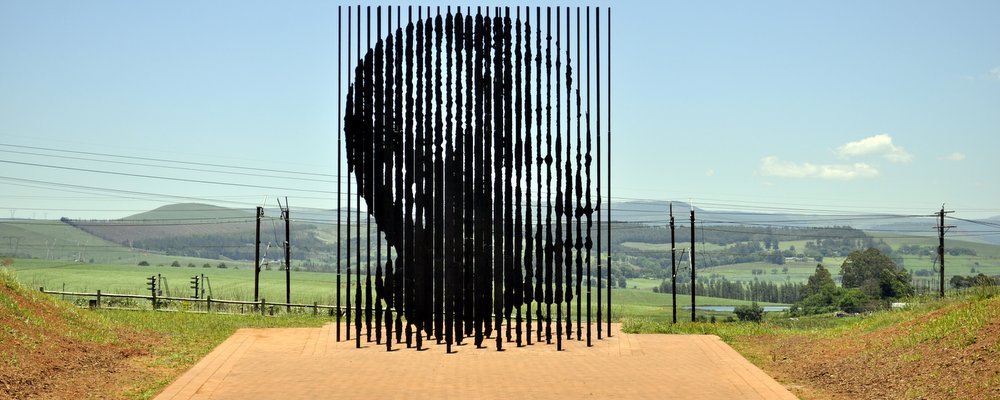
Where is Freedom Day Celebrated
Freedom Day is celebrated throughout the whole of South Africa acknowledging the liberation of the country from its period of colonialism and white minority domination.
How is Freedom Day celebrated?
As with any public holiday, the day is celebrated with flags flying, taking a trip down memory lane and visiting the Nelson Mandela Capture site, which is a tourist attraction any day of the year, but a poignant place to be on Freedom Day. Another favorite place to visit is the Kwa Zulu-Natal museum or taking a trip to Robben Island. The cultural hub of Franschhoek is the place closest to where Nelson Mandela spent his last days in prison. Visiting Lilliesleaf Farm in Rivonia, once the center of the liberation movement, is an award-winning heritage site that honors the "long walk to freedom".
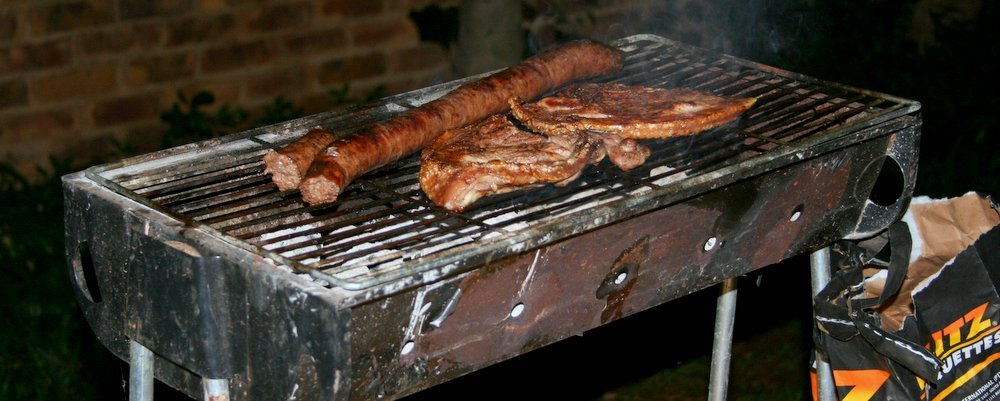
The definitive thing to do is to celebrate with a "braai" surrounded by friends and family. Basically it is the South African version of a barbecue with chunks of meat cooked over wood.
There are numerous live concerts, art festivals and cultural shows put on for the general public to enjoy. From wine and cheese festivals to hanging out in the Nelson Mandela square in Sandton or the botanical gardens of Durban or Johannesburg.
April (Spring) is the perfect time of the year to go rock-climbing at Waterval Boven or abseil the cliffs of the Elands River. You can drive through wine lands, olive groves and ostrich ranches of the Western Cape or be the adventurous soul to scale Table Mountain instead of taking the cable car.
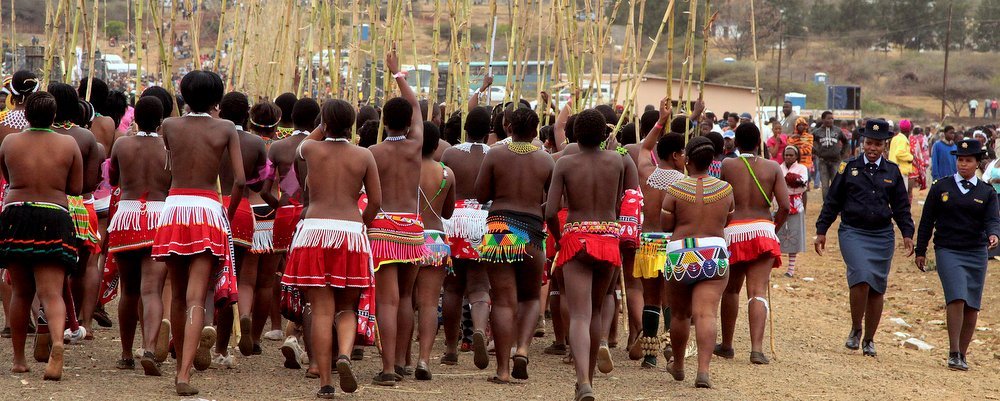
South Africa's Culture
Known for its diversity, South Africa is a collection of different cultures in different regions. The 2 largest groups are the Zulu and the Xhosa plus others such as Swazi, Pedi, Ndebele, Sotho, Tswana, Tsonga and Venda. Its population is a mix of African, European and Asian with first languages being English or Afrikaans, a version of Dutch.
This melting pot is reflected in the cuisine of the country, which is a fusion of African, European, India and Malay but the one thing they all have in common is the "braai" where quite often the South African cream liqueur Amarula is handed around. The ritual of having afternoon tea was stolen from the British and being vegetarian will be frowned upon in this meat eating land.
South Africans are very demonstrative when expressing affection with friendly shaking of hands and slaps on the back. The locals love to see tourists enjoying themselves.

Gail Palethorpe, a self proclaimed Australian gypsy, is a freelance writer, photographer and eternal traveller. Check out her website Gail Palethorpe Photography and her Shutterstock profile.

